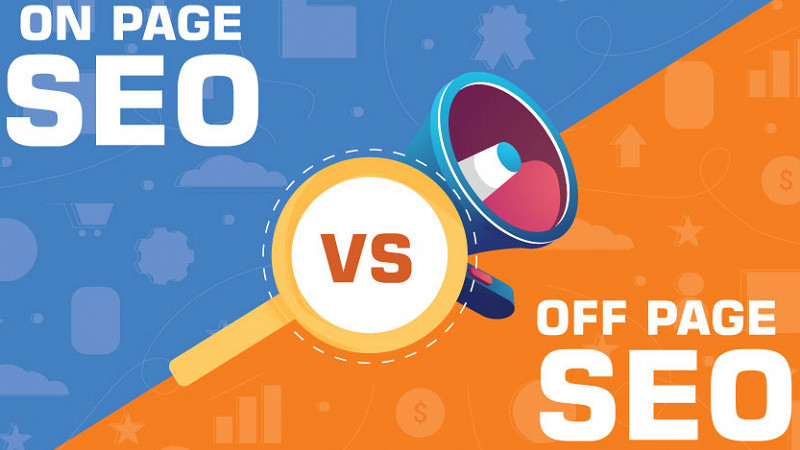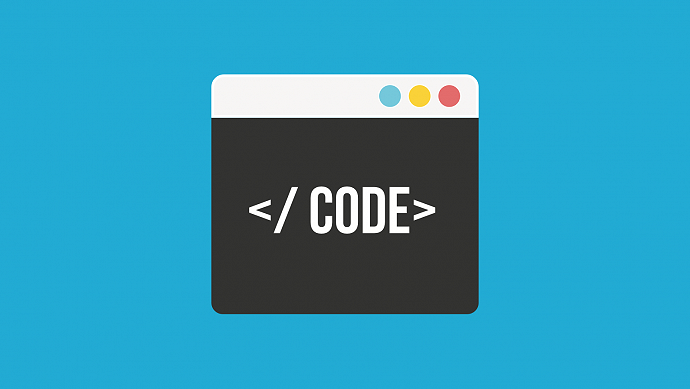In the vast realm of Search Engine Optimisation (SEO), understanding the distinction between on-page and off-page SEO is fundamental. Both play integral roles in improving a website's visibility and ranking on search engine results pages (SERPs). Let's delve into the nuances of these two essential SEO strategies.
On-Page SEO: Optimising Within Your Website
On-page SEO involves optimising various elements within your website to enhance its search engine visibility. These optimisations are directly under your control and influence how search engines interpret and rank your content. Key aspects include:
- Quality Content: Creating high-quality, relevant, and engaging content that satisfies user intent is paramount. This includes using appropriate keywords, headings, and meta descriptions.
- Keyword Optimisation: Strategically using relevant keywords in titles, meta descriptions, headers, and throughout content while maintaining natural readability.
- Meta Tags and Descriptions: Crafting unique and compelling meta tags and descriptions for each page to provide search engines and users with a concise summary.
- URL Structure: Creating clean, descriptive, and user-friendly URLs that reflect the content of the page.
- Internal Linking: Connecting pages within your site through internal links to improve navigation and help search engines understand the site's structure.
- Site Speed and Mobile-Friendliness: Ensuring fast loading times and responsiveness across various devices to enhance user experience, a crucial factor in rankings.
Off-Page SEO: Building Authority Beyond Your Website
Off-page SEO refers to actions taken outside your website to enhance its reputation, credibility, and authority across the internet. It involves strategies that are beyond direct website optimisation. Key components include:
- Link Building: Acquiring high-quality backlinks from authoritative and relevant websites. These incoming links signal to search engines that your site is credible and valuable.
- Social Media Marketing: Leveraging social media platforms to promote content, engage with users, and increase brand visibility, which indirectly influences website traffic and rankings.
- Influencer Outreach: Collaborating with influencers or industry experts to gain exposure and endorsement, contributing to increased brand awareness and credibility.
- Online Reputation Management: Monitoring and managing online reviews, mentions, and comments to maintain a positive online reputation.
- Guest Blogging and Content Sharing: Contributing guest posts to reputable sites or sharing content across various platforms to reach wider audiences and gain backlinks.
Conclusion
On-page and off-page SEO are two sides of the same coin, working synergistically to improve a website's search engine rankings and visibility. While on-page SEO focuses on optimising content and elements within your site, off-page SEO emphasizes building authority and credibility through external channels.
Both strategies are indispensable for a holistic SEO approach. Understanding their differences and implementing a balanced combination of on-page and off-page techniques can significantly impact your website's success in climbing search engine rankings and attracting organic traffic.



